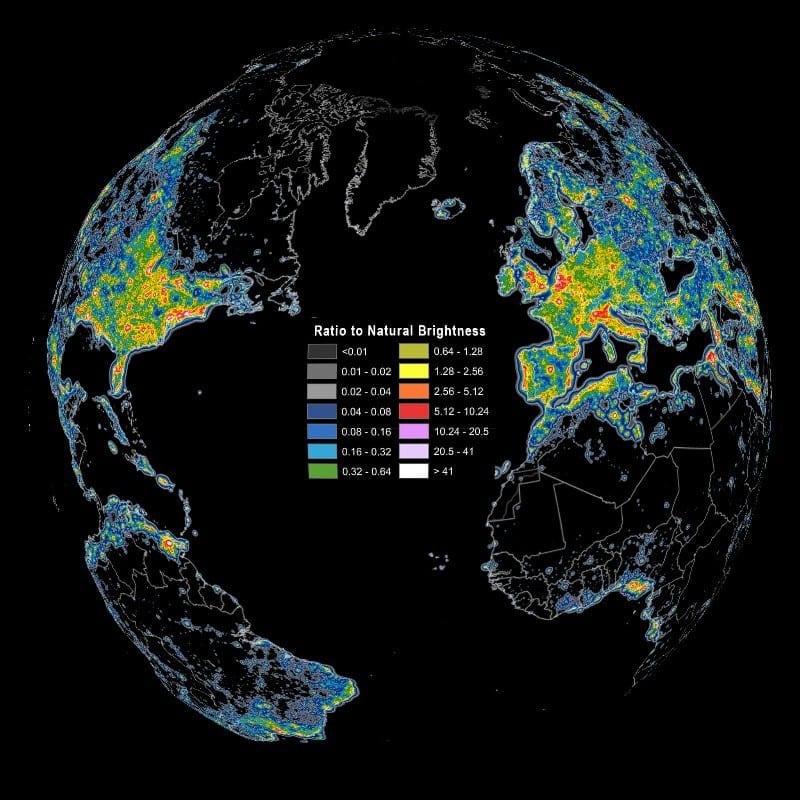Call it a hunch, but I suspect you will be at home this Saturday looking for something to do. Well, you could join in a global movement to reduce our demand for fossil fuels by participating in Earth Hour 2020 (https://www.earthhour.org/). Earth Hour is a movement that started back in 2007; the first event was held in Sydney, Australia. The goal was to raise awareness of the harmful effects of burning fossil fuels, wasting electricity, and light pollution by encouraging individuals and communities to turn off all unnecessary lights for one hour from 8:30 to 9:30 local time. I encourage you to participate on March 28th. If you do, during Earth Hour you will consume less energy, and produce less CO2 emissions. To make Earth Hour more fun, consider playing shadow puppets, telling a spooky story by candlelight or just watching a movie with all the lights off.
Three weeks after Earth Hour there is another reason to embrace the dark side. International Dark Sky Week (https://www.darksky.org/dark-sky-week-2020/) begins April 19th and runs through April 26th. Dark Sky Week encourages everyone to reduce or eliminate all unnecessary lighting with an emphasis on outdoor light which contributes to light pollution. Light pollution makes it difficult to see dim objects in space and makes astronomy difficult or impossible if the light pollution is significant. Dark Sky Week began in 2003 and was created by high school student Jennifer Barlow of Midlothain, Virginia. Jennifer Barlow states, “The night sky is a gift of such tremendous beauty that should not be hidden under a blanket of wasted light. It should be visible so that future generations do not lose touch with the wonder of our universe.” Barlow explains, “It is my wish that people see the night sky in all of its glory, without excess light in the sky as our ancestors saw it hundreds of years ago.” Although Dark Sky week is focused on how light pollution affects astronomy it also reminds people that light pollution is bad for nocturnal wildlife, disrupts sleep patterns and circadian rhythms of people, affects the growth of plants, and wastes economic resources while contributing to climate change. You can participate by making sure unnecessary outdoor lights are off all night for one week. If enough people participate you might even notice more stars. You might see things you have never noticed before, maybe even the Milky Way itself. Perhaps we can make some of these changes permanent and once again be able to appreciate the beauty and grandeur of the night sky.


